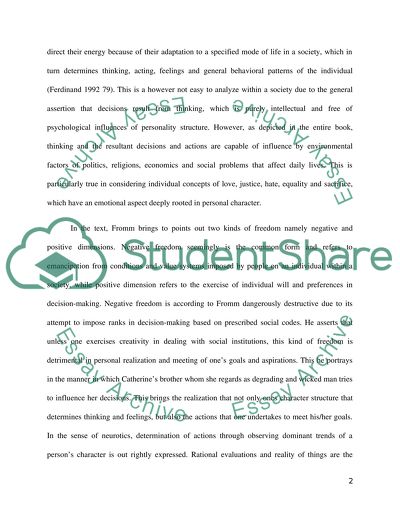Cite this document
(“Freedom Essay Example | Topics and Well Written Essays - 1500 words”, n.d.)
Retrieved from https://studentshare.org/psychology/1393904-freedom
Retrieved from https://studentshare.org/psychology/1393904-freedom
(Freedom Essay Example | Topics and Well Written Essays - 1500 Words)
https://studentshare.org/psychology/1393904-freedom.
https://studentshare.org/psychology/1393904-freedom.
“Freedom Essay Example | Topics and Well Written Essays - 1500 Words”, n.d. https://studentshare.org/psychology/1393904-freedom.


